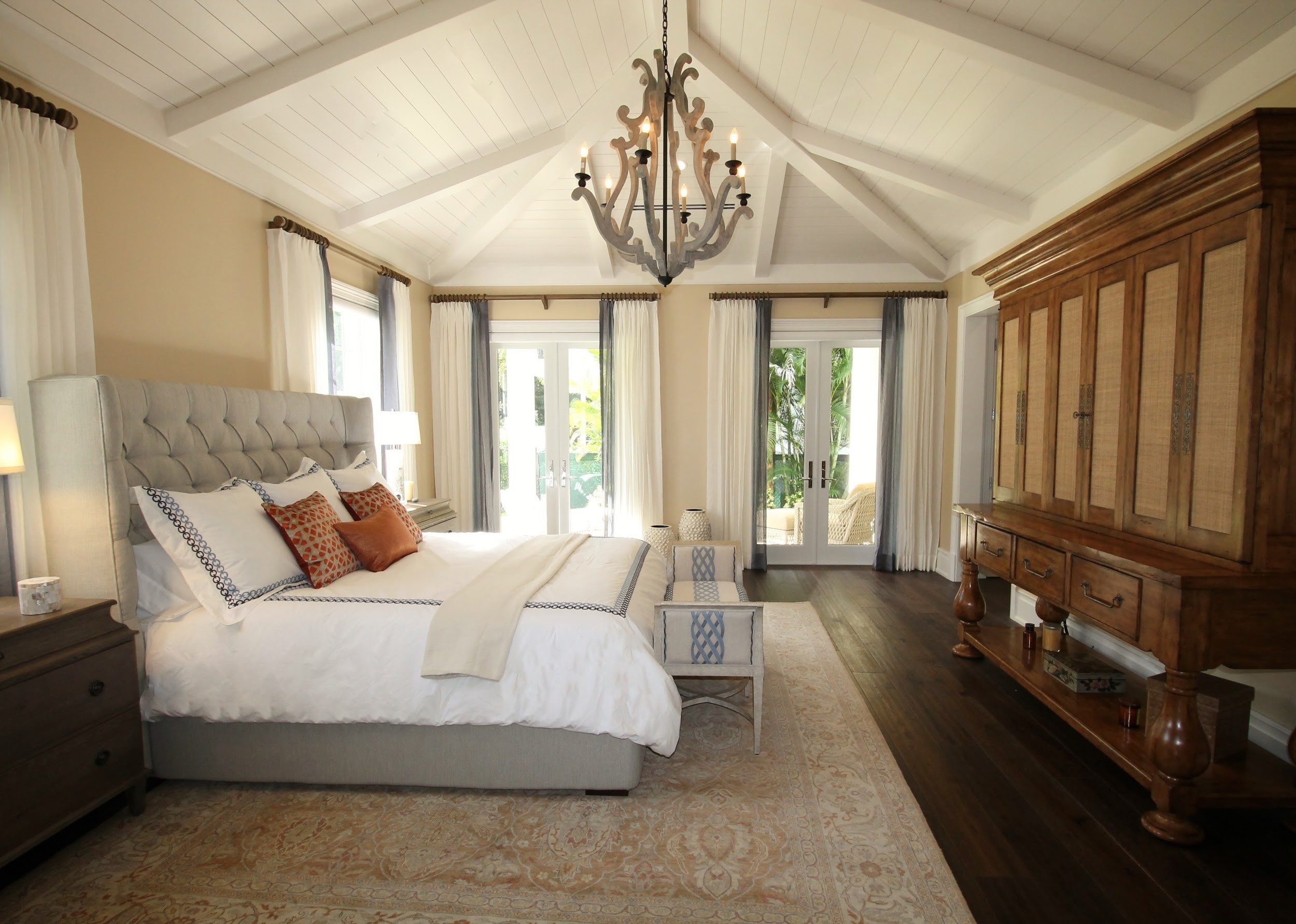
Can Your Home’s Lighting Affect Your Health?
How Lighting Control Can Help Maintain Your Circadian Rhythm
Your sleep is intrinsically linked to your health. With the hectic hustle and bustle that can make up our days, many of us aren’t succeeding in consistently getting a full night of sleep. If you fall into that category, you could consider adjusting your Cherry Hills, NJ home environment to help regulate your circadian rhythm. The circadian rhythm is your biological clock that tells your body when you should rest and when you should be awake. By using external cues like light, you can help your body understand when it is time for sleeping. Home lighting automation is an excellent tool for regulating your rhythm and improving your sleep and, therefore, your overall health and wellness. To learn more about how it works, continue reading our article.
Create a Lighting Schedule
Creating a consistent lighting schedule can help you deal with some common sleeping issues like difficulty falling asleep or grogginess in the morning. The reason: our bodies tend to respond to light cues when it comes to regulating our sleep cycles. Since our modern schedules don’t necessarily synchronize with the sun, home lighting automation can help us maintain a regular illumination pattern.
Using smart control of your lighting, you can use light to help you wake up in the morning. At the time your alarm goes off, your intelligently designed home will turn on the lights as well. This will help your body understand that it’s time to get up. Later, in the evening, your lights can make the necessary adjustments to help you wind down. In the next few sections, we’ll go over some of the lighting tools that will help do just that.
Use Dimmers
Home lighting automation makes it simple to adjust not only when lights are on or off, but also how intense that light is. Using a dedicated touchpanel, smartphone, or remote, you can determine exactly how much dim or bright you’d like to from 0-100 percent intensity.
In the morning, utilize dimmers in your schedule to slowly brighten the lights to experience a gentler wake-up. In the evening, include dimmers in your schedule to slowly dim your home’s lights as each hour passes. This way, your electric lights will feel like a setting sun to your body and subconsciously prepare your body for sleep.
Adjust the Color Temperature
Intensity is not the only factor of light that can affect your circadian rhythm; your body also picks up on the temperature of the light. The light emitted during the sunrise and sunset is on the warmer side of the spectrum--reds and oranges--while, during the middle of the day, the light is on the cooler sides--bluish.
Using smart LED bulbs, your home lighting can follow this pattern. As the hours pass, your color temperature automatically adjusts to emit warmer tones as you’re preparing for sleep and send the proper signals to your body. Plus, the ability to easily change the color of your lights allows you to set the proper mood at any time of the day.
See Also: Color Temperature: The Secret to Superior Interior Design
Incorporate Motorized Shades
The light inside your home is not the only illumination that affects your sleep cycle. Street lamps at night, for instance, could come in through your bedroom window and affect your slumber. In order to fully control your home’s lighting, consider incorporating motorized shades. In this case, blackout shades would be a useful tool for keeping out the artificial light or the light from a particularly early sunrise.
By creating a “Nighttime” scene, you only need to press one button to create the perfect sleeping environment. Right from your bed, activate the scene when you’re ready to sleep, and the blackout shades will close, and the lights will turn off for an uninterrupted slumber.
Home lighting automation helps homeowners control their illumination and therefore create the right environment for all times of day and occasions. To learn more, contact your local BRAVAS Partner today.












